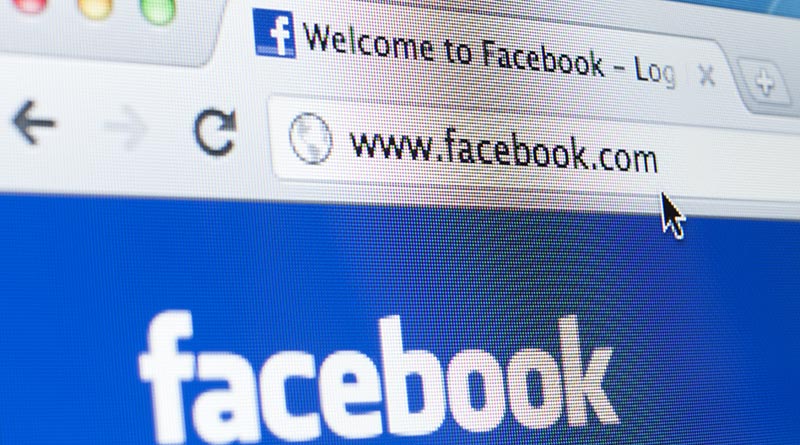The squeeze on good journalism
This article originally appeared in Index on Censorship Magazine
Responsible journalism is under pressure. The old business models are failing and as yet there is no clear new business model for serious news. The internet has undermined the authority and trust in journalism, siphoning away audiences and advertising and diverting attention with sensation, trivia and – of course – “fake news”. Trusted information is the currency of healthy democracies – but today that currency is debased, and we are all paying the price.
Changing commercial dynamics, and the increasing need to have impact and be noticed in an ever busier, noisier environment, mean responsible journalism and the public interest are losing out.
Look at the United States. Since the lifting of the “fairness doctrine” under Ronald Reagan – which obliged broadcasters to be fair and balanced in their news coverage – partisanship in talk radio and increasingly the TV news networks has contributed to a polarised political environment and the election of a populist President. Ratings drive advertising and sensation drives ratings. As CBS CEO Leslie Moonves infamously stated: “[Trump’s candidacy] may not be good for America, but it’s damn good for CBS.”
The wall between journalism’s corporate or commercial operations and editorial operations is dissolving. Native advertising – PR disguised as journalism – is the new commercial saviour from Buzzfeed to the New York Times. If the readers don’t notice or care, does it matter? Not always, but as PR, advertising, political activism, and entertainment all get blended in with journalism it opens the door to exploitation and the “fake news” panic we have had for the last few months. Too many of the public can no longer tell the difference between those different categories of information – largely because media companies are complicit in confusing them.
Social media and the technology giants bear a major part of the responsibility. Jonah Peretti, co-founder of Buzzfeed and The Huffington Post, recently said that social behaviour has changed media forever. For him, sharing is the key metric indicating user value, and his company is based on measuring and encouraging content that is shared. That has clearly been very successful for many social media platforms. The problem is that sharing is a good indication of consumer value – but not citizen value. Sharing rewards sensation over authority, and encourages the clickbait online economy where it doesn’t matter if something is true or not, just as long as you click on it and advertisers can ride on the back of your curiosity.
So a colourful lie will amass a million hits before the prosaic truth gets noticed. It used to be said in journalism “if you are first and wrong, you are not first”. Today if you are one of the now notorious Macedonian teenagers manufacturing fake news to reap the ad revenue – you don’t care.
The new economics of information and the weighting of sensation and immediacy over authority or accuracy has polluted public debate and left many citizens deeply confused about how the world works.
So what is to be done? The problem is that the two internet giants – Facebook and Google – who now dominate how we find out about the world – are global, and largely unaccountable beyond their shareholders. And their boards are of course focused on the huge profits they generate rather than any wider social responsibility. However, there are signs that both are responding to perceived brand damage – rooting out fake news, tweaking algorithms, supporting media literacy programmes and helping search for a new economic model for journalism. These actions may ease part of the big squeeze on serious news – but there is a long way to go.
Some propose more foundation-funded public media. But such initiatives are usually small scale, not sustainable in the long term, or replicable in countries which don’t enjoy a large scale of philanthropy.
There are new initatives from big media including more fact-checking services and, from the BBC, a commitment to “slow-journalism”: a deliberate turning away from the instant demands of Twitter to a longer more considered approach to news. A welcome move, but one only a large public-funded organization could afford to take.
There is a recognition that digital media has moved far ahead of most people’s ability to understand it – so a renewed commitment to media literacy is gathering pace. Helping people think critically and recognize the qualitative difference between a tweet and a well researched article from an accountable news organization is crucial – but a long-term process.
In the meantime, we get the journalism we deserve. So think twice before you click “like” on a sensational headline from a source you don’t know – everytime you do, you help fashion the media environment. Take out a subscription to a serious news organization of your choice – good journalism has to be paid for. And slow down – when it comes to understanding the world, speed is a dubious virtue.


